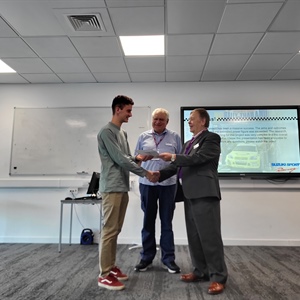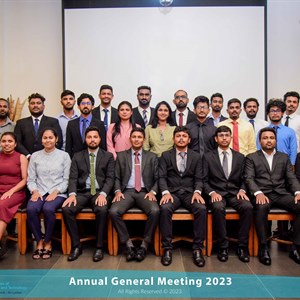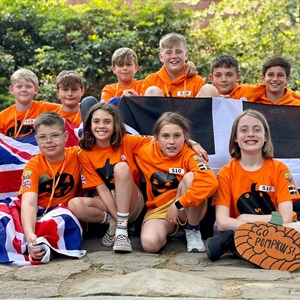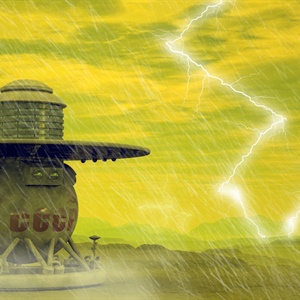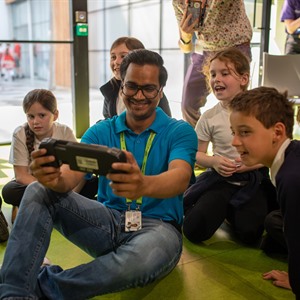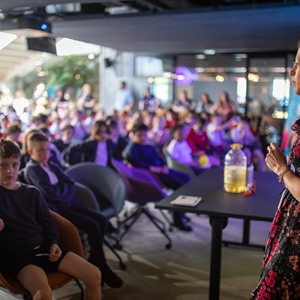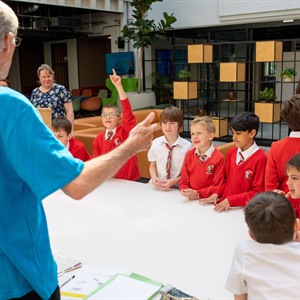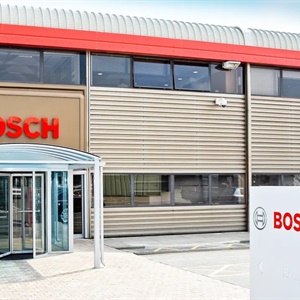Rare book: Appendix to the Narrative of a second voyage in search of a north-west passage and of a residence in the Arctic regions by Sir John Ross.
Appendix to the Narrative of a second voyage in search of a north-west passage by Sir John Ross, with reports contributed by Sir James Ross, was published in this edition in 1835. It is part of the collection of Silvanus P. Thompson purchased in 1917 by the IET. You can find out more about Thompson, his work and his association with the IET here . The appendix was printed in fewer numbers than the full narrative and few copies survive. In the early 19th century, the Northwest Passage was seen as the key to unlocking a shorter trade route between Europe and Asia. Britain invested heavily in Arctic expeditions to dominate global trade. Sir John Ross’s second voyage was funded by businessman Felix Booth after Ross’s first government-sponsored expedition ended with him failing to find the passage…


